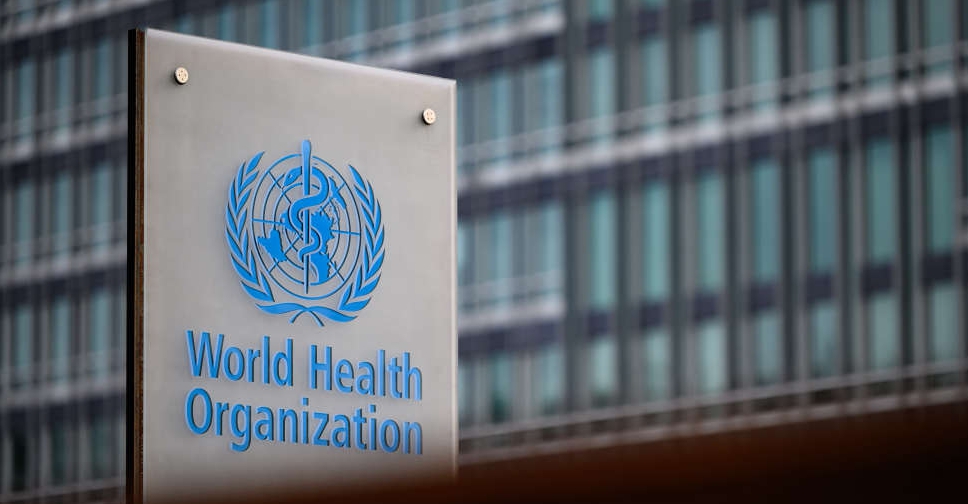
The World Health Organization (WHO) has called for "immediate and concerted action" to protect children from contaminated medicines after a spate of child deaths linked to cough syrups last year.
In 2022, more than 300 children - mainly aged under 5 - in Gambia, Indonesia and Uzbekistan died of acute kidney injury, deaths that were associated with contaminated medicines, the WHO said in a statement on Monday.
The medicines, over-the-counter cough syrups, had high levels of diethylene glycol and ethylene glycol.
"These contaminants are toxic chemicals used as industrial solvents and antifreeze agents that can be fatal even taken in small amounts, and should never be found in medicines," the WHO said.
It said seven countries had reported finding the contaminated syrups in the last four months, and called for action across its 194 member states to prevent more deaths.
"Since these are not isolated incidents, WHO calls on various key stakeholders engaged in the medical supply chain to take immediate and coordinated action," WHO said.
The WHO has already sent specific product alerts in October and earlier this month, asking for the medicines to be removed from the shelves, for cough syrups made by India's Maiden Pharmaceuticals and Marion Biotech, which are linked with deaths in Gambia and Uzbekistan respectively.
It also issued a warning last year for cough syrups made by four Indonesian manufacturers, PT Yarindo Farmatama, PT Universal Pharmaceutical, PT Konimex and PT AFI Pharma, that were sold domestically.
The companies involved have either denied that their products have been contaminated or declined to comment while investigations are ongoing.
The WHO reiterated its call for the products flagged above to be removed from circulation, and called more widely for countries to ensure that any medicines for sale are approved by competent authorities.
It also asked governments and regulators to assign resources to inspect manufacturers, increase market surveillance and take action where required.
It called on manufacturers to only buy raw ingredients from qualified suppliers, test their products more thoroughly and keep records of the process.
Suppliers and distributors should check for signs of falsification and only distribute or sell medicines authorised for use, the WHO added.



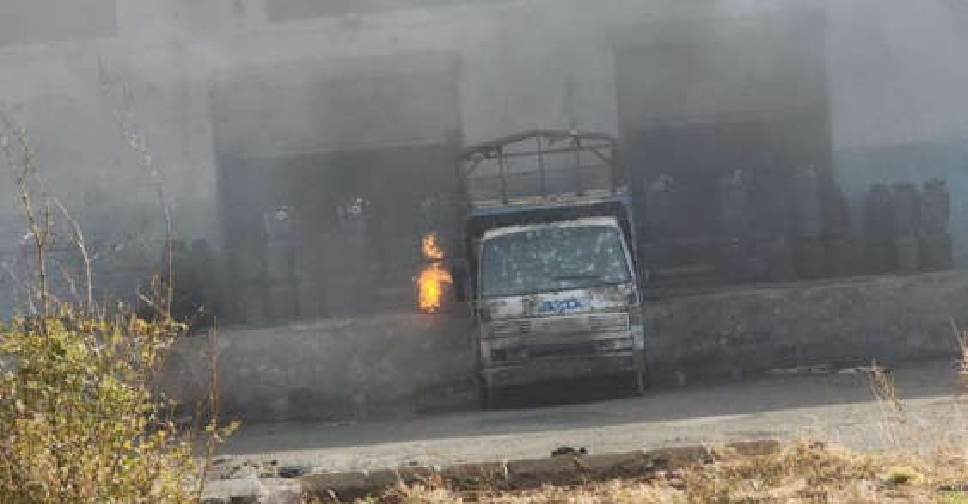 15 Turkish-backed fighters killed by Kurdish forces in Syria
15 Turkish-backed fighters killed by Kurdish forces in Syria
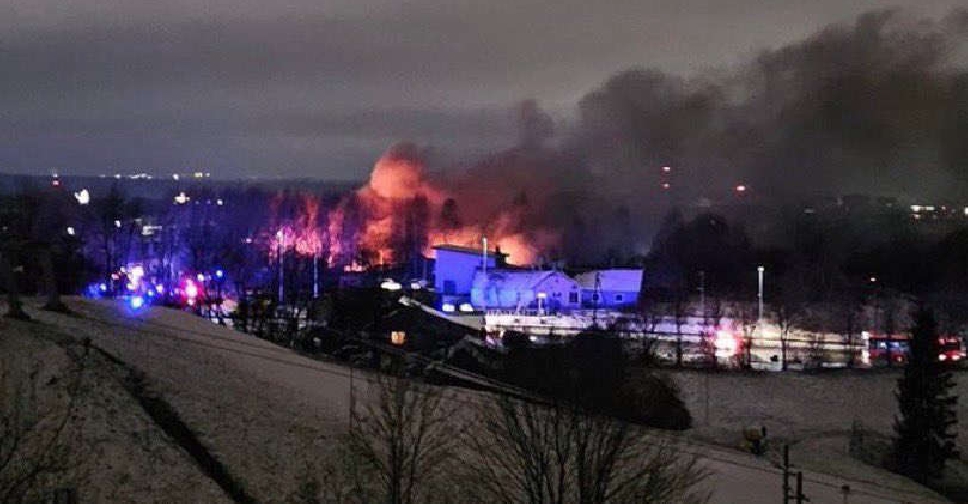 One dead, three injured in Lithuania cargo plane crash
One dead, three injured in Lithuania cargo plane crash
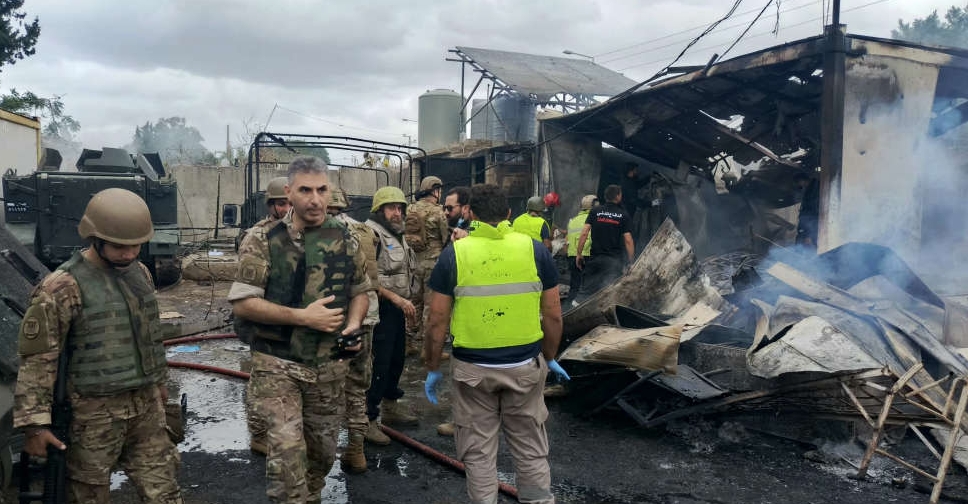 One Lebanese soldier killed, 18 hurt in Israeli strike on army centre
One Lebanese soldier killed, 18 hurt in Israeli strike on army centre
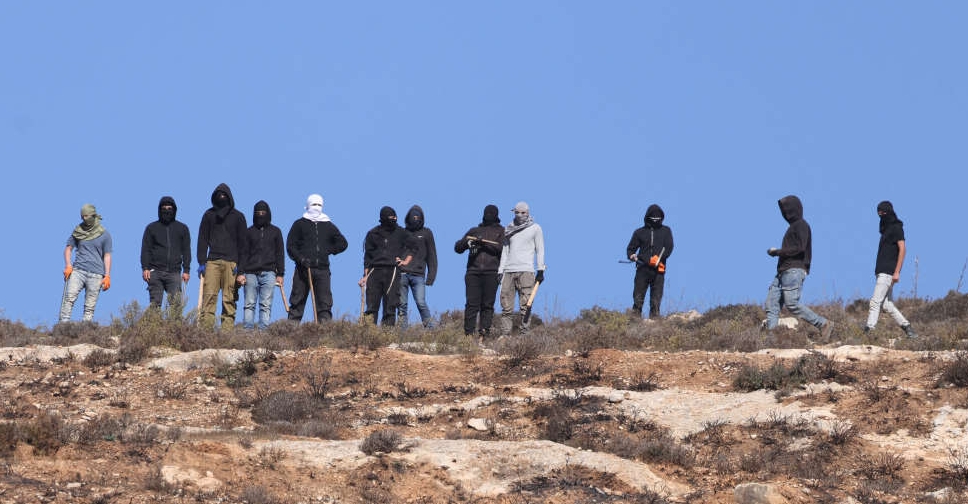 Netanyahu condemns settler violence on IDF in West Bank
Netanyahu condemns settler violence on IDF in West Bank
 Russian plane evacuated in Turkey as engine catches fire
Russian plane evacuated in Turkey as engine catches fire







